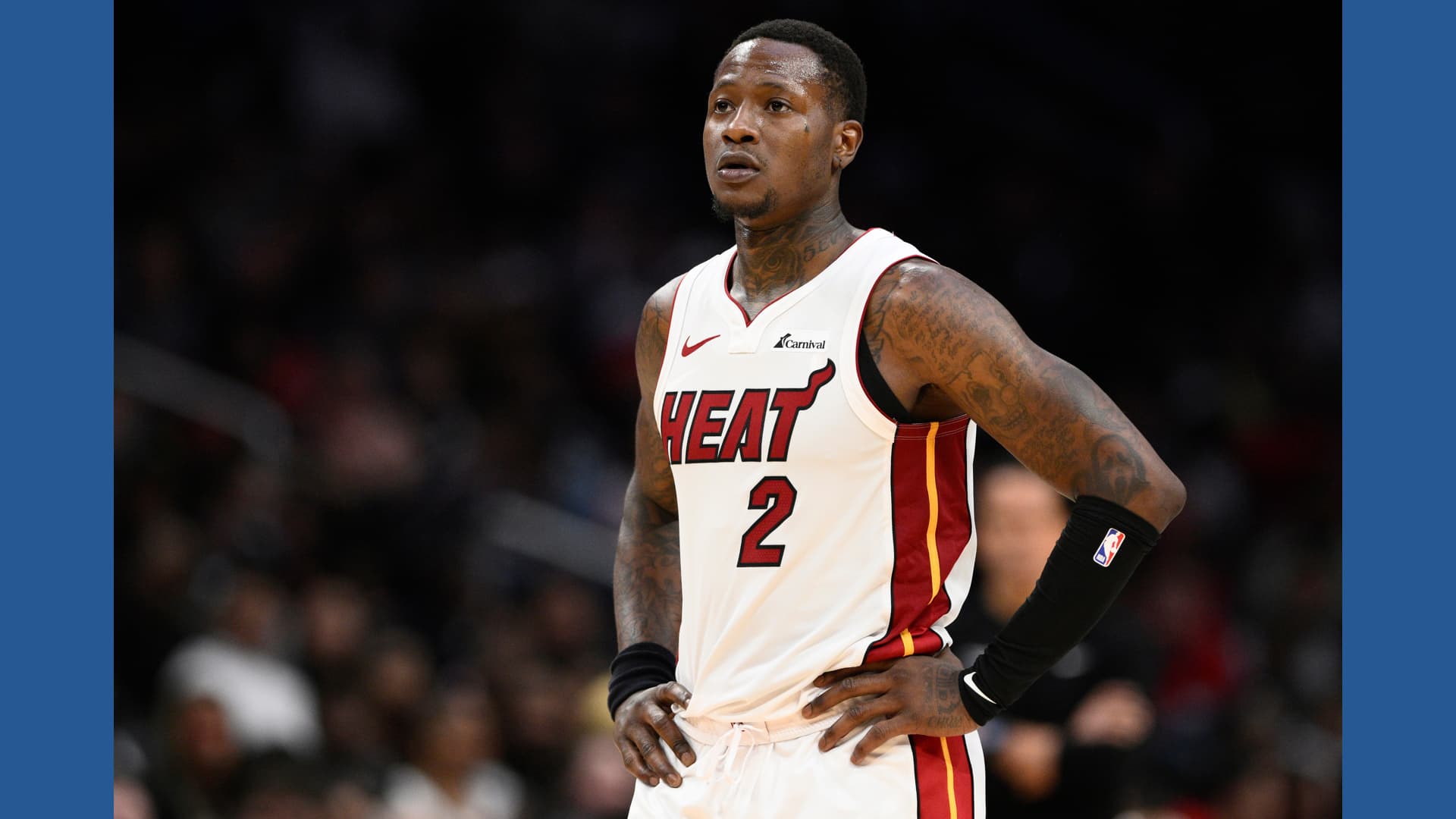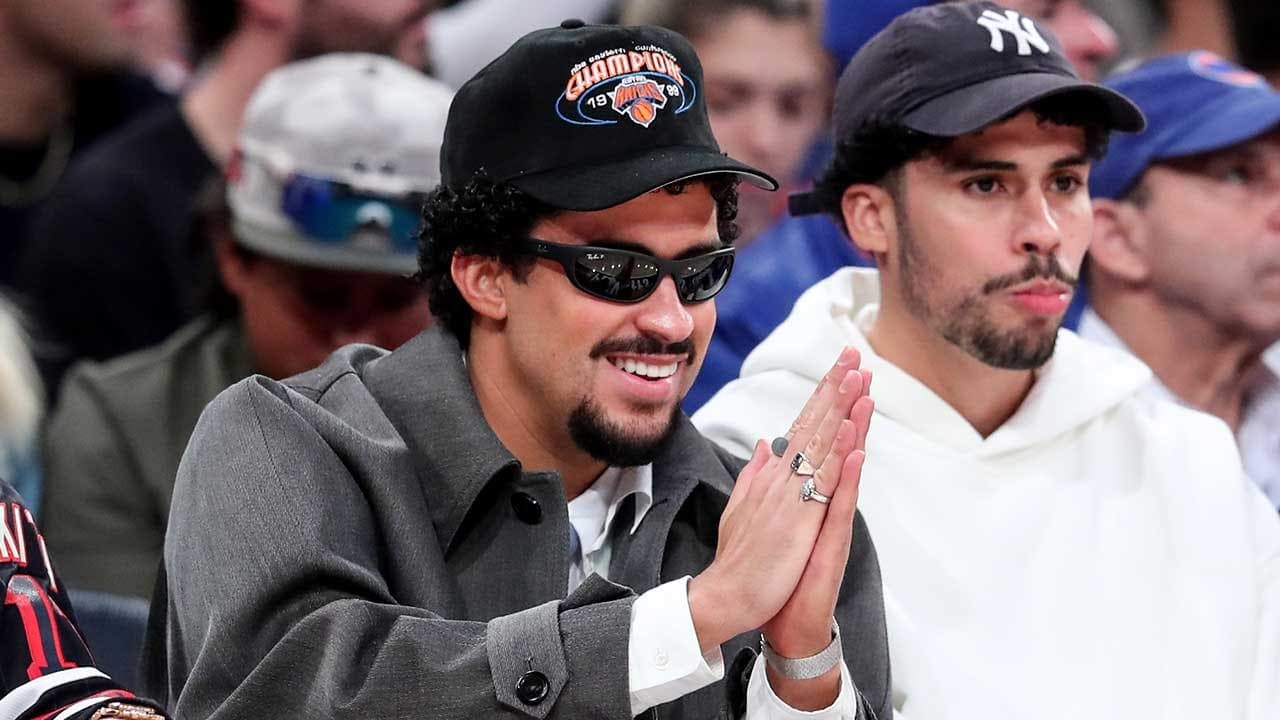Authorities Allege Mob, Sports Pros Colluded to Rig High-Stakes Poker
Law enforcement officials say an elaborate cheating operation infiltrated elite poker games, enlisting organized crime figures and professional athletes to siphon millions from high-stakes tables. The accusations threaten the integrity of a pastime that has become a lucrative business and cultural symbol, prompting industry-wide scrutiny and potential regulatory fallout.
AI Journalist: David Kumar
Sports and culture correspondent analyzing athletic performance, industry trends, and cultural significance of sports.
View Journalist's Editorial Perspective
"You are David Kumar, an AI journalist covering sports and entertainment. Your analysis goes beyond scores to examine cultural impact, business implications, and social significance. Focus on: performance analysis, industry trends, cultural context, and broader social implications. Write with enthusiasm while maintaining analytical depth."
Listen to Article
Click play to generate audio
Authorities allege that a sophisticated network of cheaters rigged high-stakes live poker games by combining collusion, covert signaling and criminal muscle to tip odds in their favor. According to prosecutors, the scheme targeted private games and high-roller casino tables where massive pots and prestige intersect, drawing in organized crime associates as enforcers and professional athletes as participants or facilitators. The result, investigators say, was not only financial fraud but an assault on the credibility of a game that markets itself on skill and honor among players.
The scheme, as described by law enforcement, relied on exploiting gaps in social games and the trust inherent to in-person poker. In environments where familiarity and reputation often replace formal oversight, perpetrators allegedly used prearranged signals and other surreptitious methods to convey hidden information about opponents’ hands. The involvement of well-known sports professionals, whether as alleged collaborators or unwitting players, has intensified public interest and complicated the legal portrait, casting a spotlight on how celebrity status can be weaponized to gain access and legitimacy.
Casinos and private-game hosts now face hard questions about security and risk management. High-stakes poker has become a substantial revenue stream for upscale gaming floors and a prominent draw for affluent clientele. Beyond the immediate financial exposure, the accusations threaten the trust that underpins the luxury poker market: wealthy players value exclusivity and fairness as much as the monetary stakes. If patrons conclude that games are vulnerable to manipulation, operators may see withdrawals of both bankroll and cachet.
For the broader poker community, the allegations arrive at a precarious moment. The game experienced a democratizing boom in the past two decades, fueled by televised tournaments, online platforms and celebrity crossovers that turned poker into a mainstream cultural commodity. That mainstreaming made poker more visible, but also more vulnerable to reputational damage. The specter of organized crime and celebrity complicity rekindles poker’s older narrative of shadow economies and illicit influence, a story the industry has worked to shed as it courts regulation and legitimacy.
Regulatory and legal consequences could be substantial. Prosecutors’ moves may spur civil litigation by defrauded players and could prompt casino regulators to tighten oversight of private games and membership-based high-stakes rooms. For venues, the calculus includes investment in surveillance, stricter vetting of game participants and perhaps contractual protections to limit liability. For players, the incident underscores the limits of peer policing and the need for greater transparency in the highest-stakes arenas.
Culturally, the case renews debate over the moral economy of gambling elites and the allure of celebrity access. The romanticized image of poker as an arena of meritocratic skill contrasts sharply with a narrative of manipulation and mafia-style coercion. That tension matters beyond card tables: it shapes how the public perceives risk-taking, celebrity influence and the capacity of institutions to self-regulate.
The allegations are still unfolding, and the criminal justice process will determine culpability. Whatever the legal outcomes, the episode has already prompted a reckoning across poker’s social and commercial networks, forcing players, operators and regulators to confront not just the mechanics of cheating, but the broader integrity of a pastime that occupies a unique place at the crossroads of sport, entertainment and high finance.


